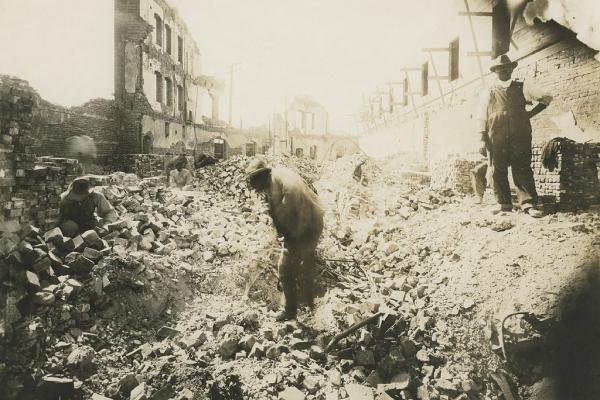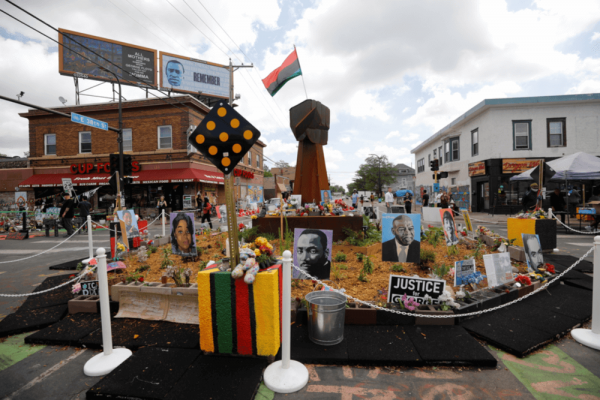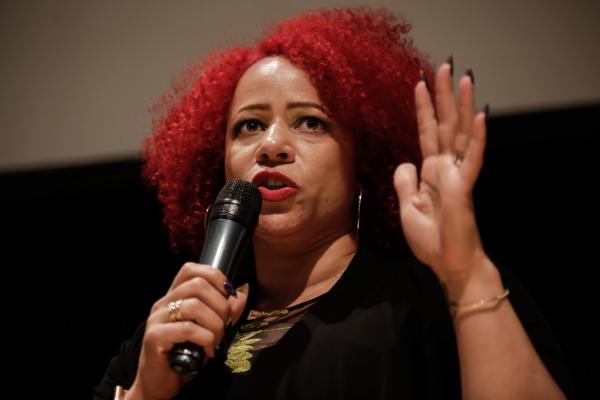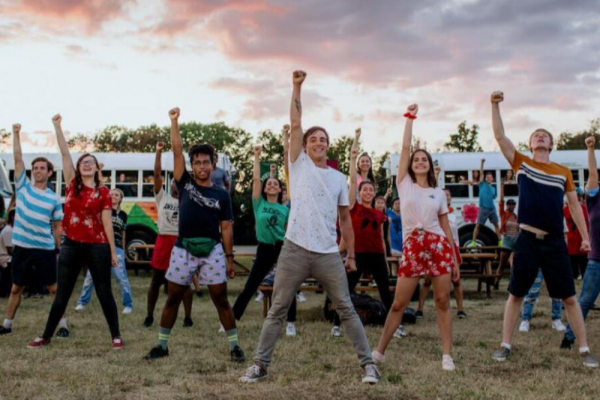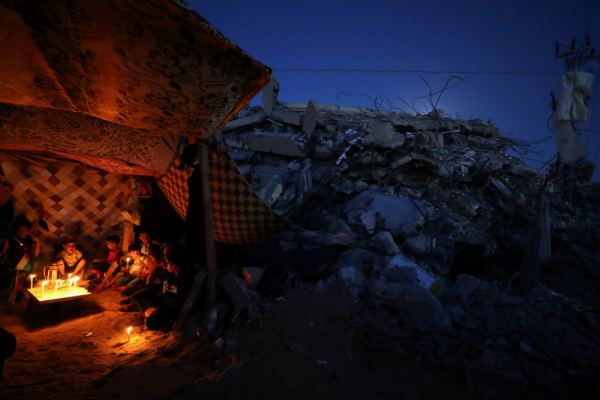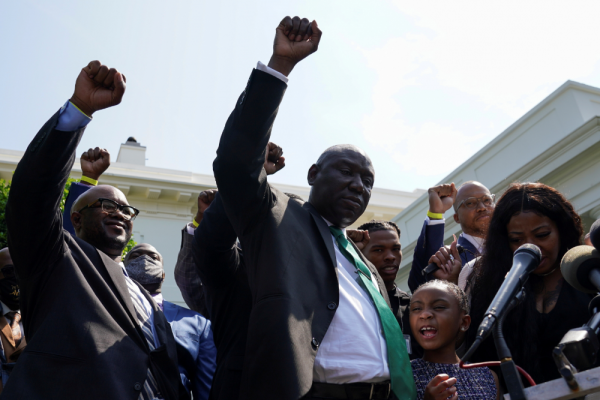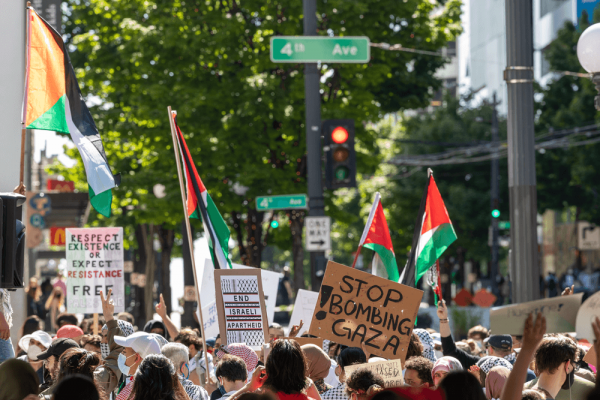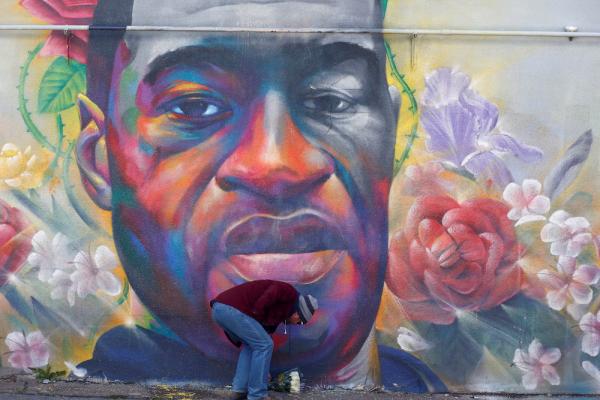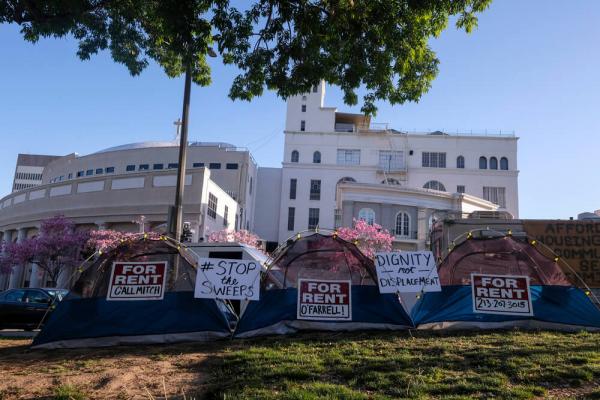This week, we marked the 100th anniversary of one of the most horrific moments in American history: On May 31, 1921, white mobs burned to the ground the Greenwood District in Tulsa, Okla., an area commonly known as Black Wall Street. White neighbors killed Black residents in what became known as the 1921 Tulsa Race Massacre. That story — and many other accounts of Black success and self-determination confronted by malice, terrorism, and destruction — are hidden in the corners of history’s closet by a dominant culture that prefers silence over truth-telling.
“This solidarity has the potential and the power to propel us into a new future as a community,” Rev. Ingrid Rasmussen, pastor at Holy Trinity Lutheran Church in Minneapolis, told Sojourners.
For the board of trustees at UNC-Chapel Hill, Hannah-Jones is a living memorial, a journalist who will tell us what happened, who holds up memory and urges us not to look away.
I am no stranger to the ways that sports is often derided in faith and justice circles. But I contend that sports and competition offer valuable insights into what it means to be human.
Despite all the outsized power and privilege white evangelical communities hold, there is a dearth of spaces where people can process what it means to have grown up in the belly of it. Fortunately, there’s a whole slew of new films and documentaries that focus on white evangelical youth culture, offering some of us the chance to reflect on our upbringings as we figure out what it means to have white evangelical roots in a post-Trump world.
My professors in journalism school taught me to avoid passive voice as often as possible. They taught me that passive voice gets in the way of giving readers a clear view of who did what. Passive voice may be innocuously overlooked in many instances (for example, in this sentence, I didn’t tell you who was doing the overlooking), but more often using it risks confusion and obscurity — and these aren’t exactly journalistic values.
On the eve of the one-year anniversary of George Floyd's death, Sojourners' Terrance M. McKinley spoke with Benjamin Crump, a national civil rights leader who has served as the lead attorney for the families of Floyd, Ahmaud Arbery, Breonna Taylor, Trayvon Martin, and other Black people wrongfully killed by police or vigilantes. They discussed the road ahead and whether proposed policy change at the federal level could lead to needed change in policing. —The editors
“As Black American activists are being increasingly heard and amplified, so is this message about linking national contexts and the importance of recognizing the global scope of anti-racism activism beyond national boundaries,” Roger Baumann said.
Many people in this country — and many others around the world — paid attention. We could not ignore the horror of Derek Chauvin kneeling on George Floyd’s neck for 9 minutes 29 seconds as Floyd cried, “I can’t breathe.” Some of us watched as Floyd lay dying and unresponsive. That horrific moment is forever etched in our memory — and we reached a breaking point. We decried the violence and declared, “enough is enough.”
Creating sacred space, whether in temporary dwellings or permanent homes, is ultimately about constructing community. Community creates safety through mutual care for one another. Often, the political response to unhoused people is instead based on the contrived premise that they are a danger to neighborhoods.
